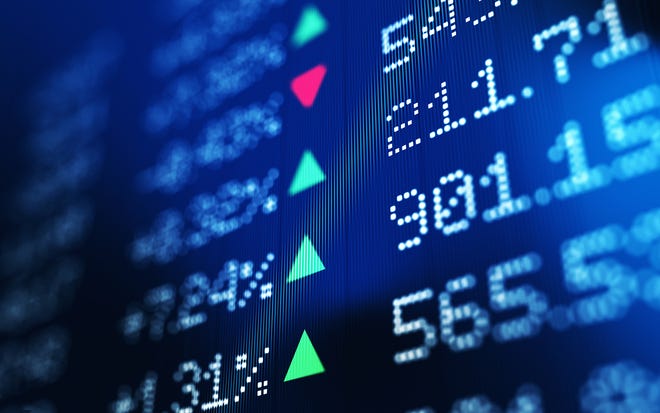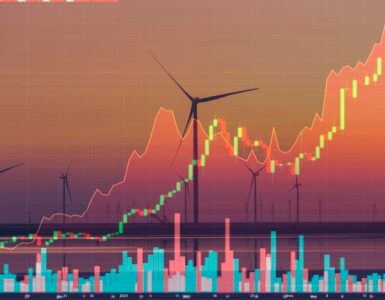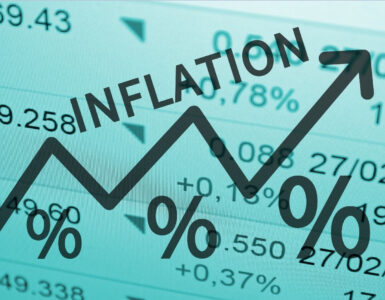Stock markets set new record highs on Tuesday as investors ended August in a buoyant mood, confident of an ongoing economic recovery and that the Federal Reserve’s eventual paring back of its stimulus would not knock asset prices anytime soon.
European stocks are on course for their seventh straight month of gains.
The pan-European STOXX 600 index gained 0.2%, with Asian stocks reversing earlier losses as fresh signs of a slowdown in China’s economy spurred hopes of more stimulus.
The German DAX climbed 0.46% while France’s CAC 40 was 0.1% higher. Wall Street futures were higher ahead of the U.S. open and after closing at or near record highs on Monday.
The MSCI world equity index, which tracks shares in 50 countries, rose 0.28%.
“While risks remain, and investors should reflect this in their portfolios, we believe the backdrop for equities remains positive, and we advise investors to position for reopening and recovery. We advise investors to position in stocks that should benefit from strong economic growth,” said Mark Haefele, Chief Investment Officer, UBS Global Wealth Management.
Rising cases of the COVID-19 Delta variant have hurt Asian shares in recent weeks but have mostly been ignored by European and U.S. markets, as investors continue to bet that plentiful stimulus and rising corporate profitability will further fuel asset price gains even after such a strong run so far this year.
Outside of stocks, the dollar, a safe-haven currency and barometer of risk sentiment, fell to a three-week low. The euro rose 0.3% to $1.1827 against a weaker dollar.
CHINA CONCERNS
However, the mood was not entirely ebullient.
Data showed that China’s businesses and the broader economy came under increasing pressure in August as factory activity expanded at a slower pace, while activity in the services sector contracted. That raises the likelihood of more policy support to boost growth.
There are also growing concerns about Beijing’s regulatory clampdown. Tech indices and stocks fell on Monday after the government cut the amount of time players under the age of 18 can spend on online games to one hour on Fridays, weekends and holidays.
The CSI information technology sub-index slumped 2.67%. The ChiNext Composite start-up board was 2.51% weaker and Shanghai’s tech-focused STAR50 index fell 2.8%.
“The Chinese tech sector is under pressure. Divergence should continue when the market faces a lot of uncertainties over Chinese policies,” said Edison Pun, senior market analyst at Saxo Markets.
But Asian shares more broadly later recovered, with investors shrugging off the concerns about China. MSCI’s gauge of Asia Pacific stocks outside Japan was up 1%, while Japan’s Nikkei 225 bounced back strongly to stand 1.1% higher despite weak July industrial output data.
Oil prices fell on concerns that power outages and flooding in Louisiana after Hurricane Ida would cut crude demand from refineries at the same time that global producers plan to raise output.
U.S. crude reversed losses to stay flat at $69.22 a barrel. Brent fell to $72.85 a barrel, although it was off its weakest of the day as Hurricane Ida weakened into a Category 1 hurricane within 12 hours of coming ashore as a Category 4.
In bond markets, euro zone government bond yields steadied ahead of euro zone inflation data for August. First-estimate data due at 0900 GMT is expected to show prices rose 2.7% year-on-year according to a Reuters poll, up from 2.2% in July.
Investors are also preparing for crucial data on the state of the U.S. jobs market due out later in the week.
Source: Reuters










